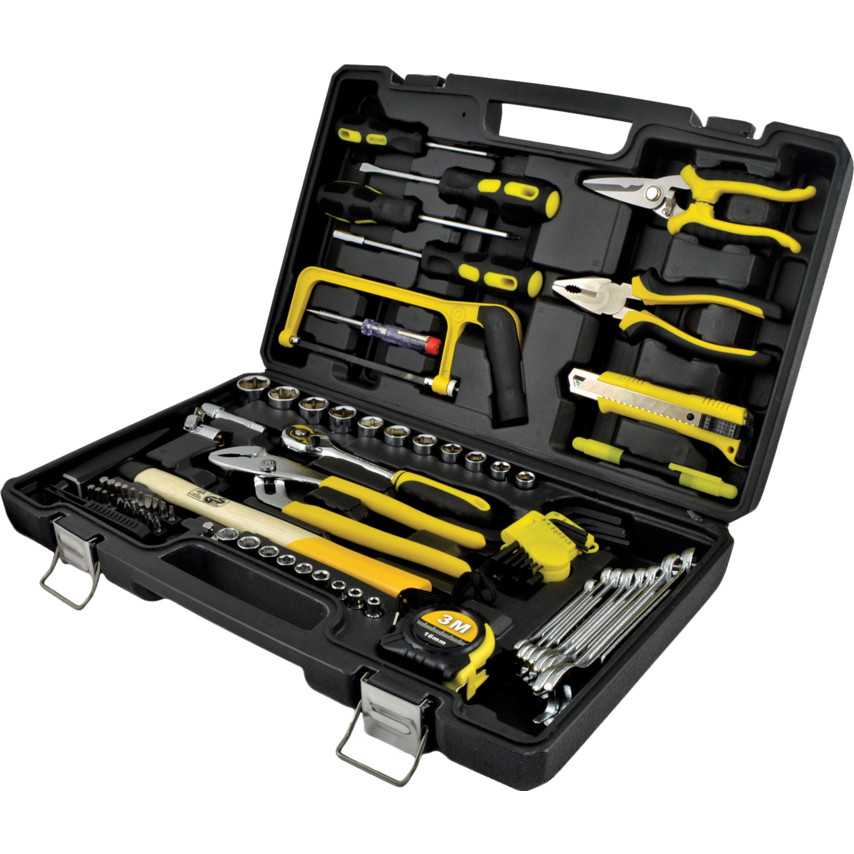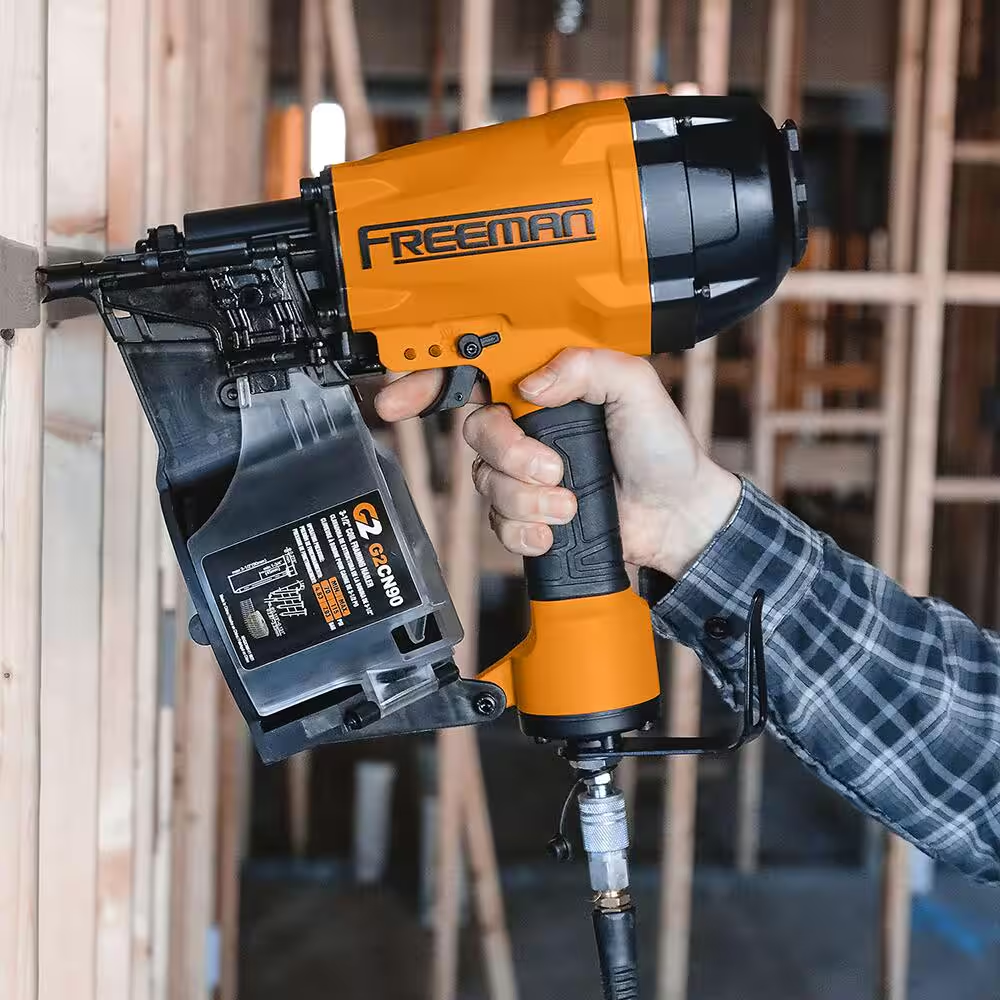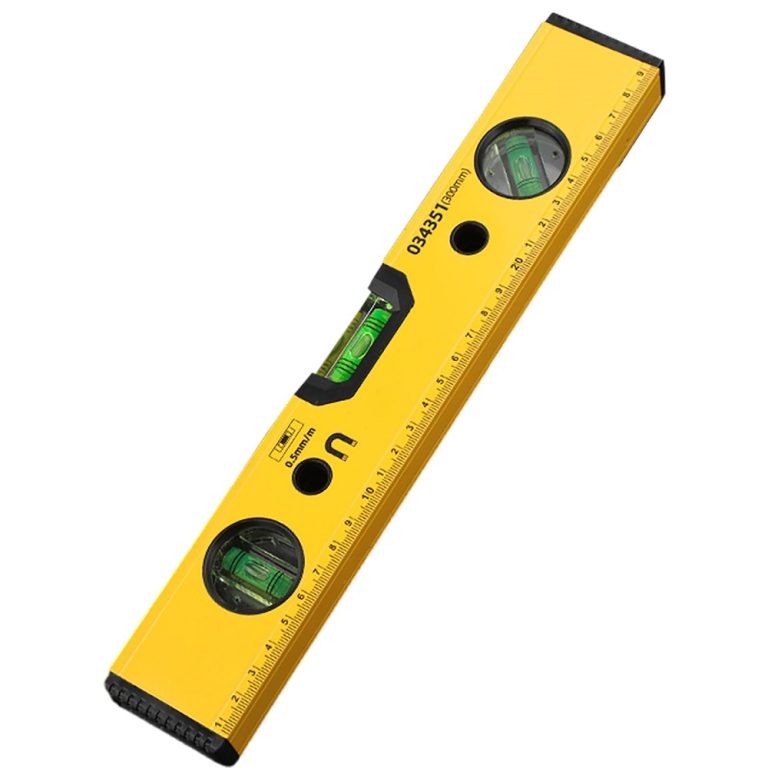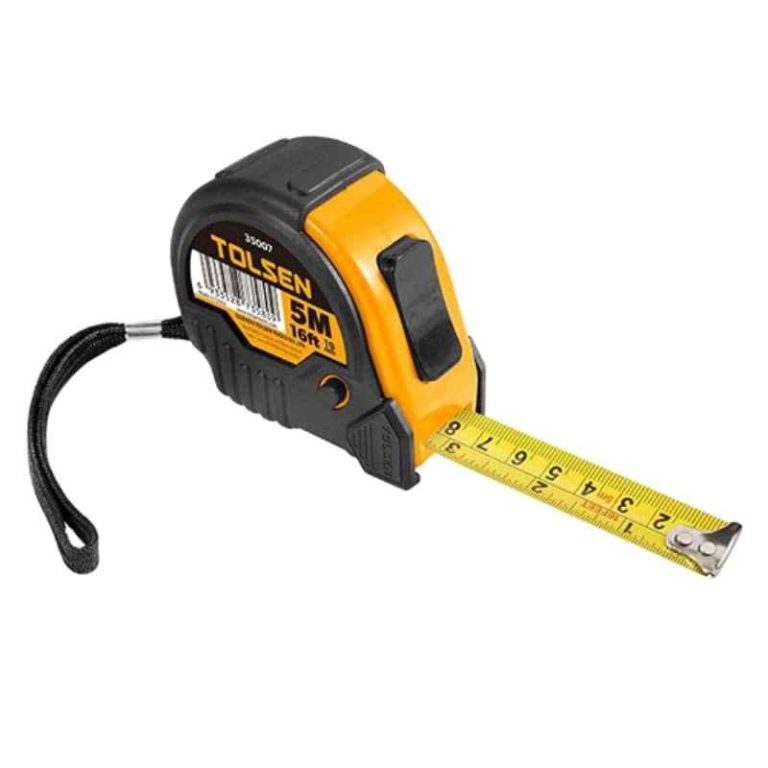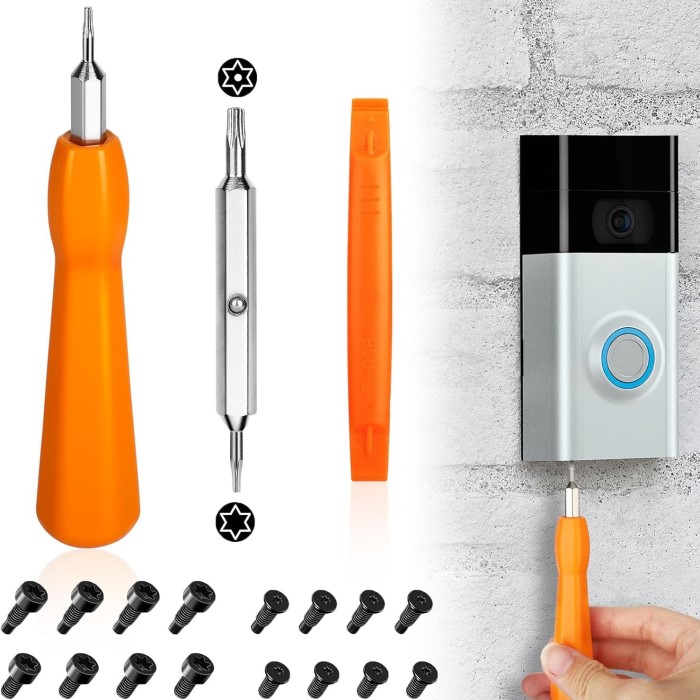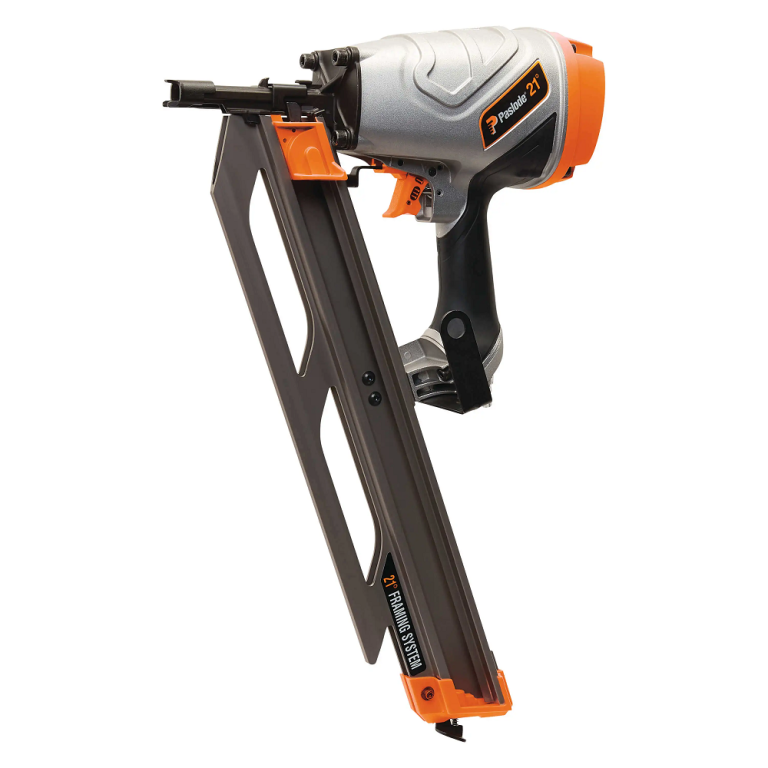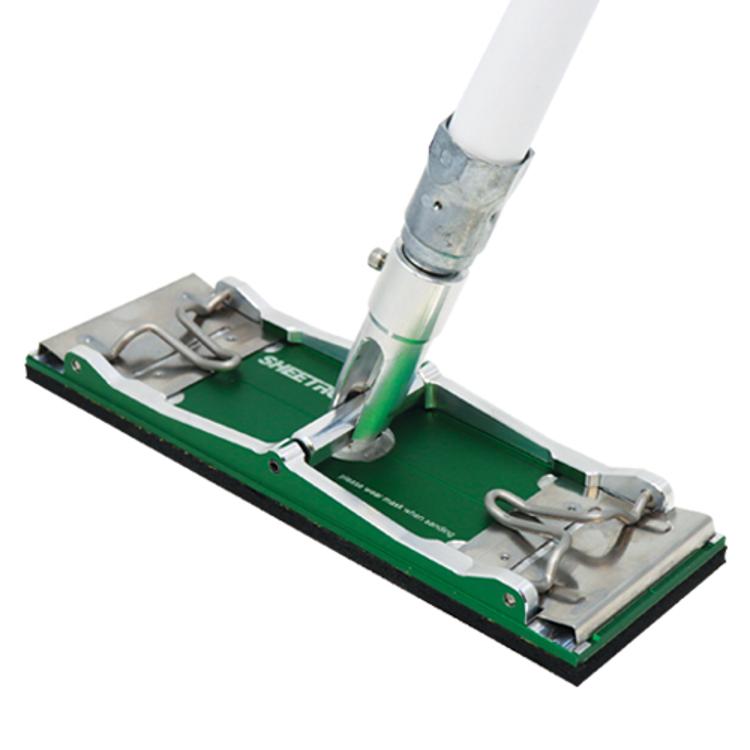Introduction to Electrical Tools
Electricians play a vital role in maintaining and installing electrical systems. Their work requires a precise combination of skill, knowledge, and the right set of tools. Electrical tools are essential for every electrician, whether working in residential, commercial, or industrial settings. Having the right tools can make the difference between a job well done and a costly mistake.
The range of electrical tools available is vast, each designed to serve a specific purpose. From basic hand tools to advanced power tools, understanding which tools are essential for electrical work is crucial for professionals. In this comprehensive guide, we will explore the must-have electrical tools for electricians, detailing their functions and importance. By the end, you will understand the key tools of the trade and how they contribute to safe and efficient electrical work.
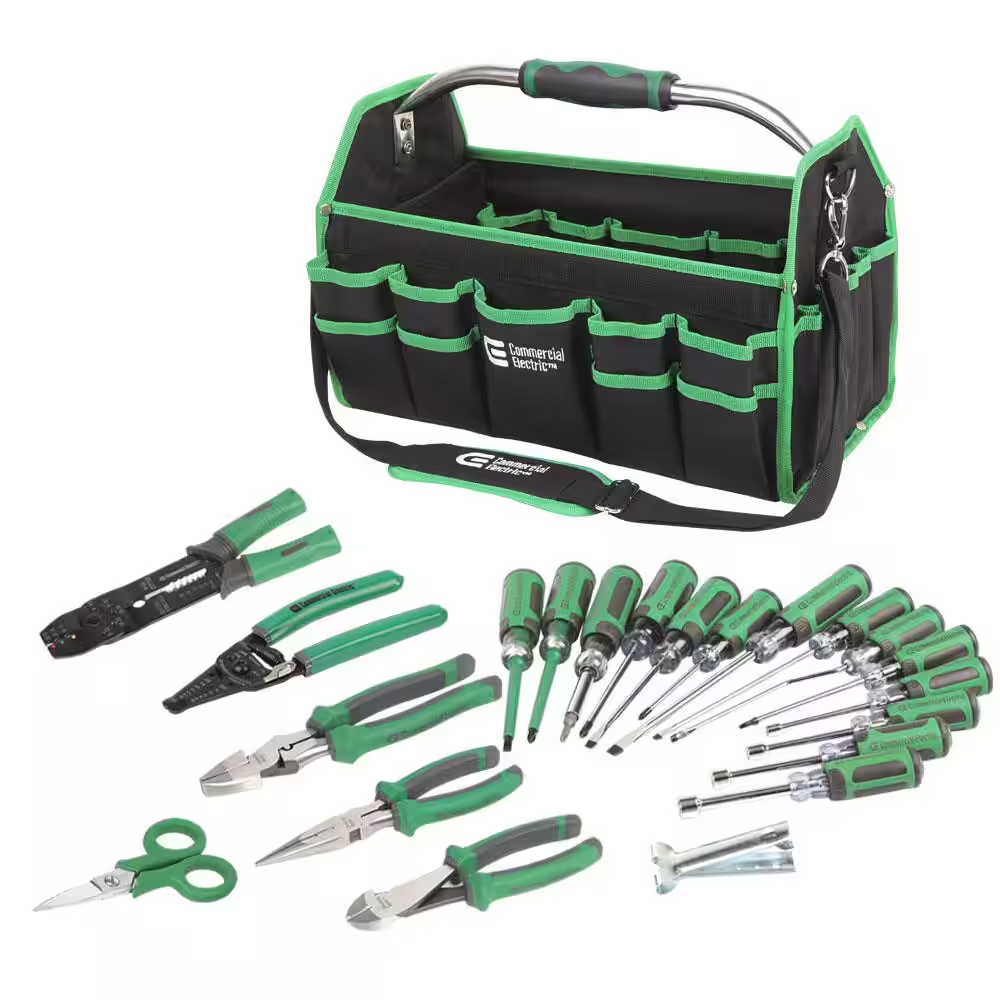
Hand Tools Essential for Electricians
Wire Strippers
One of the most important hand tools for electricians is the wire stripper. This tool is designed to cut and remove the insulation from electrical wires, allowing for secure connections. Wire strippers come in various styles, including manual and automatic options. A high-quality wire stripper makes the job quicker and more efficient.
When using wire strippers, it is crucial to select the correct gauge for the wire being stripped. Using the wrong size can damage the wire itself, compromising the electrical circuit. Many electricians prefer adjustable wire strippers that accommodate various wire sizes, making it a versatile addition to their toolkit. Proper use of wire strippers ensures clean cuts and reliable connections.
Pliers
Pliers are another essential hand tool for electricians. They come in various types, each serving a different function. Needle-nose pliers are perfect for reaching into tight spaces, while lineman’s pliers offer gripping strength for twisting and cutting wires. The versatility of pliers makes them indispensable for any electrician’s toolkit.
When selecting pliers, consider the specific tasks you will be performing. For example, if you frequently work with small wires or in confined spaces, needle-nose pliers should be a priority. On the other hand, lineman’s pliers are best for heavy-duty applications. Investing in high-quality pliers with comfortable grips will enhance your efficiency on the job.
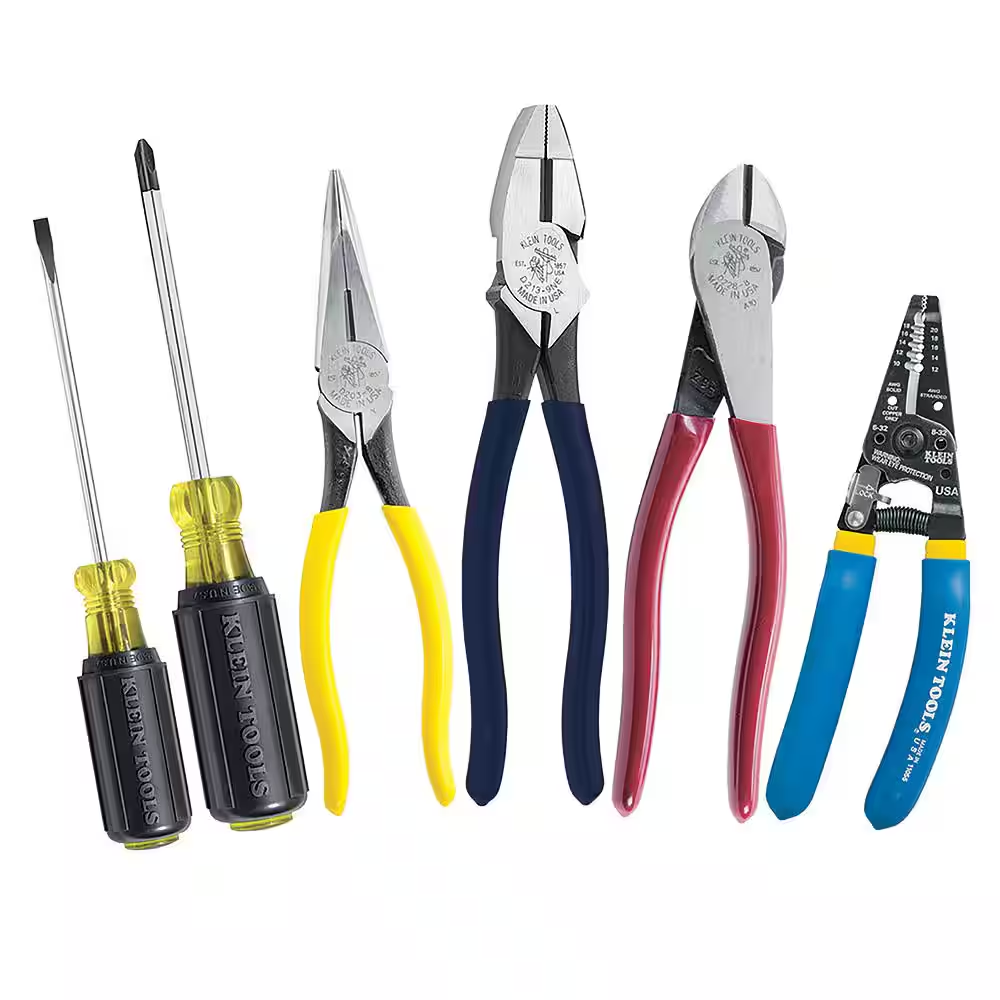
Power Tools for Efficient Work
Cordless Drills
One of the most versatile power tools for electricians is the cordless drill. This tool assists in drilling holes and driving screws without being tethered to an electrical outlet. A good cordless drill is lightweight, easy to maneuver, and equipped with adjustable speed settings. These features make it ideal for a variety of tasks, from installing outlets to securing fixtures.
When selecting a cordless drill, look for one with multiple torque settings. This feature allows for better control, reducing the chance of stripping screws. Many electricians also invest in a drill with a long-lasting battery to ensure uninterrupted work. The right cordless drill can boost productivity and streamline the installation process.
Impact Drivers
Impact drivers are specialized power tools that deliver high torque for driving screws and fasteners. They are particularly beneficial in tightening large screws and fastening materials securely. The impact mechanism provides significant power without requiring excessive effort from the user, making it a valuable addition to any electrician’s toolbox.
The lightweight nature of modern impact drivers makes them easy to handle for extended periods. Many models come equipped with LED lights to illuminate dark work areas, further enhancing their practicality. When working with tough materials such as hardwood or metal, an impact driver can simplify the task and ensure efficient results.
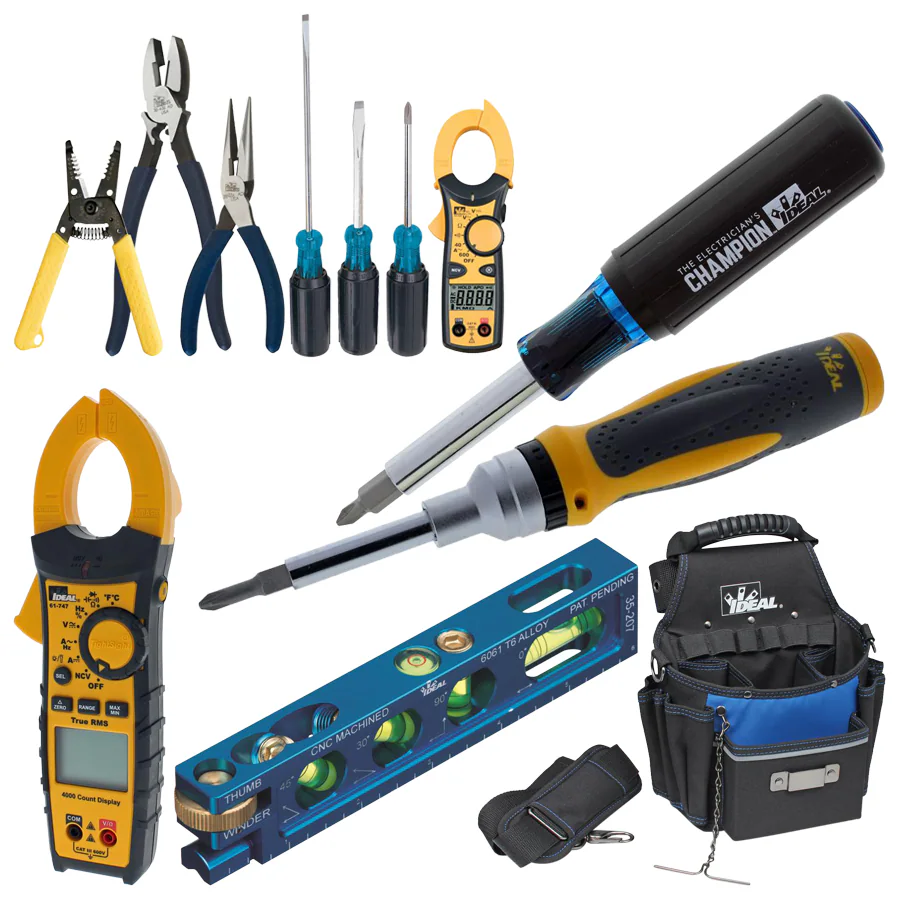
Measuring and Testing Instruments
Multimeter
A multimeter is an indispensable tool for any professional electrician. This device measures voltage, current, and resistance, making it essential for troubleshooting electrical issues. Electricians use multimeters to test electrical circuits, ensuring they function correctly and safely.
When choosing a multimeter, consider the features that best suit your needs. Digital multimeters often offer higher precision and easy-to-read displays compared to analog versions. Some models come equipped with additional functions, such as temperature measurement or frequency testing. Investing in a high-quality multimeter can save time and provide accurate readings, making it easier to diagnose electrical problems.
Circuit Testers
Circuit testers are essential for checking the integrity of electrical circuits. These tools determine whether voltage is present in a wire or socket. Circuit testers come in various designs, including simple volt indicators and more advanced models that can diagnose faults.
Electricians rely on circuit testers to ensure safety when working with live circuits. Using a circuit tester can help prevent accidents by identifying electrical problems before making repairs. A reliable circuit tester is an important addition to any electrician’s toolkit, providing peace of mind while working on potentially hazardous systems.
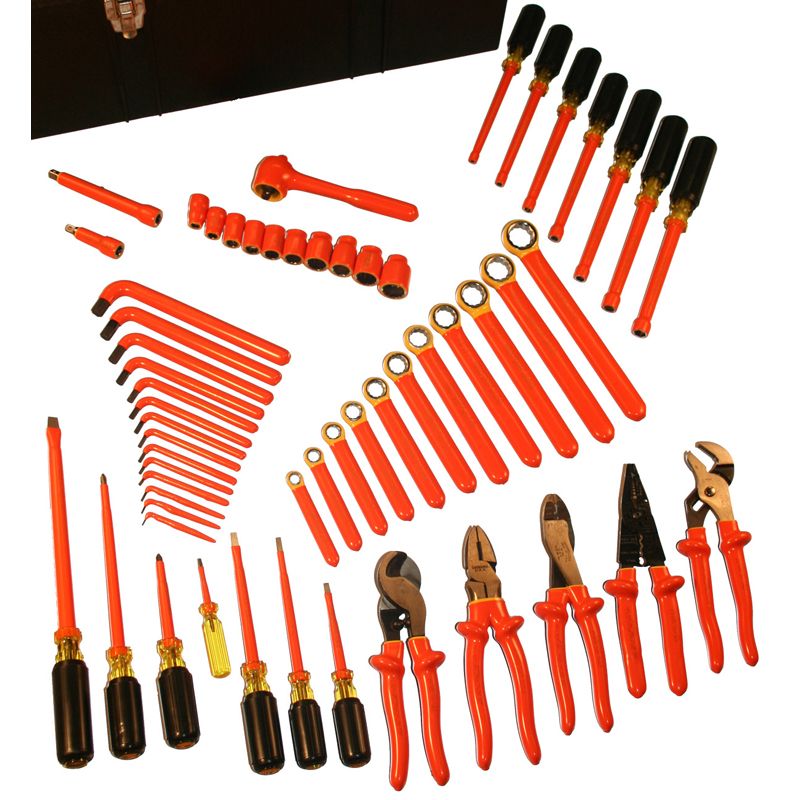
Safety Gear for Electricians
Personal Protective Equipment (PPE)
Safety is paramount in the electrical profession, which is why personal protective equipment (PPE) is essential. Electricians must always prioritize their safety, and appropriate gear helps minimize risks on the job. Key items of PPE include insulated gloves, safety glasses, hard hats, and non-slip footwear.
Insulated gloves protect against electric shock while allowing for dexterity. Safety glasses shield the eyes from debris during cutting or drilling tasks. Hard hats provide head protection in case of falls or falling objects, while non-slip footwear helps prevent accidents on wet or uneven surfaces. Wearing proper safety gear is non-negotiable in the electrical field, ensuring that electricians can work safely and effectively.
Lockout/Tagout Kits
Lockout/tagout (LOTO) kits are vital safety tools used to ensure that electrical equipment is properly shut off and not able to be started up again during maintenance or repair work. These kits typically contain padlocks, tags, and lockout devices to prevent unexpected energization of machinery.
Using a lockout/tagout system protects electricians from accidental injuries caused by machinery or live electrical components. Familiarity with LOTO procedures is essential in promoting workplace safety. Training in proper lockout/tagout techniques can help electricians create a safer working environment for themselves and their colleagues.
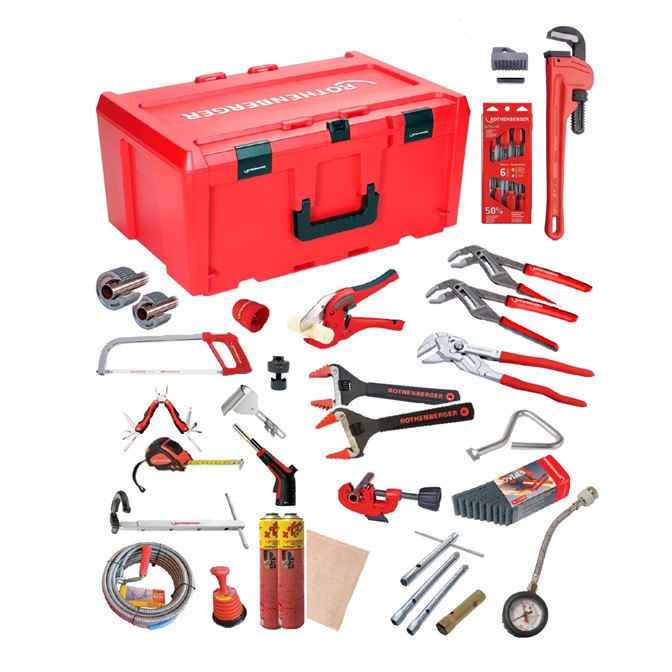
Maintenance and Care of Electrical Tool
Regular Inspection
To ensure optimal performance, regular inspection of electrical tools is essential. This practice helps identify any wear or damage that may affect functionality. Electricians should routinely examine their tools for loose connections, frayed cords, and battery life in portable power tools.
If you discover any issues during inspections, address them immediately. Repairing or replacing damaged tools can prevent further complications and enhance overall productivity. Making tool maintenance a priority will lead to a longer lifespan for your equipment and a safer working environment.
Proper Storage Techniques
Storing electrical tools correctly plays a significant role in maintaining their condition. Ensure that tools are cleaned after each use to remove dust, dirt, or debris. The storage area should be organized, preventing tools from becoming tangled or damaged. Consider using toolboxes, racks, or pegboards to keep everything accessible and neat.
Additionally, avoid storing tools in damp or humid conditions. Exposure to moisture can lead to rust and corrosion, negatively impacting the performance of your tools. By implementing proper storage techniques, electricians can ensure their tools remain in excellent working order for years to come.
Choosing the Right Electrical Tool
Assessing Your Needs
When building your collection of electrical tools, it is essential to assess your specific needs. Consider the type of work you will be performing most frequently, and invest in tools that will best support those tasks. For example, if you primarily focus on residential wiring, prioritize hand tools and testers relevant to those projects.
Additionally, think about your work environment. If you regularly work in tight spaces, compact tools that are easy to maneuver may be necessary. Conversely, if your tasks require heavy-duty equipment, investing in larger power tools may be the way to go. Tailoring your selection to your unique requirements will ensure you have the right tools for every job.
Researching Brands
Researching reputable brands is essential to finding quality electrical tools. Some brands have established themselves as industry leaders, known for producing reliable and durable products. Brands such as Klein Tools, Milwaukee, and DeWalt are well-regarded among professionals for their high-quality offerings.
Reading customer reviews and seeking recommendations from fellow electricians can also provide insights into the best tools in the market. Consider investing in tools from established brands if you seek durability and performance. Quality tools will not only enhance your efficiency but also promote safety on the job site.
Conclusion: The Importance of Quality Electrical Tools
A Foundation for Success
In conclusion, quality electrical tools are fundamental for success in the field. From hand tools to power tools and safety gear, each item plays a vital role in ensuring safe and efficient work. By understanding the functions of different tools, building a comprehensive toolkit, and committing to regular maintenance, electricians can achieve high-quality results while minimizing risks.
The electrical profession demands precision, skill, and the right equipment. As technology advances, staying updated on the latest tools and techniques will be critical. Investing in quality electrical tools not only enhances performance but also contributes to a greater sense of confidence while working.
Empowering Electricians
Ultimately, embracing the importance of proper tools empowers electricians to excel in their craft. Being well-equipped allows for greater flexibility in work environments and fosters a sense of professionalism. As you develop your toolkit, remember that each tool serves as a building block for your success, enhancing both your capabilities and the quality of your work.
By prioritizing quality, safety, and functionality in your electrical tool choices, you can ensure that you are prepared for any task. Explore the vast array of tools available, learn their nuances, and embrace their benefits as you forge your path in the electrical industry. Your dedication to your craft and the tools you use will shape not only your own career but also the safety and satisfaction of those who rely on your expertise.
